The Eighteenth International Society for Knowledge Organization Conference (ISKO 2024), themed “Knowledge Organization for Resilience in Times of Crisis: Challenges and Opportunities,” was held in Wuhan from March 20 to 22. The ISKO 2024 was hosted by the School of Information Management, Wuhan University and the Center for Studies of Information Resources, Wuhan University, China. This conference aimed to explore how systematic and flexible knowledge organization (KO) contributes to the resilience of information systems that operate effectively under adverse external influences and swiftly respond to queries arising from unforeseen situations. The event attracted more than 200 experts and scholars from information resources management, data science, artificial intelligence and other disciplines.
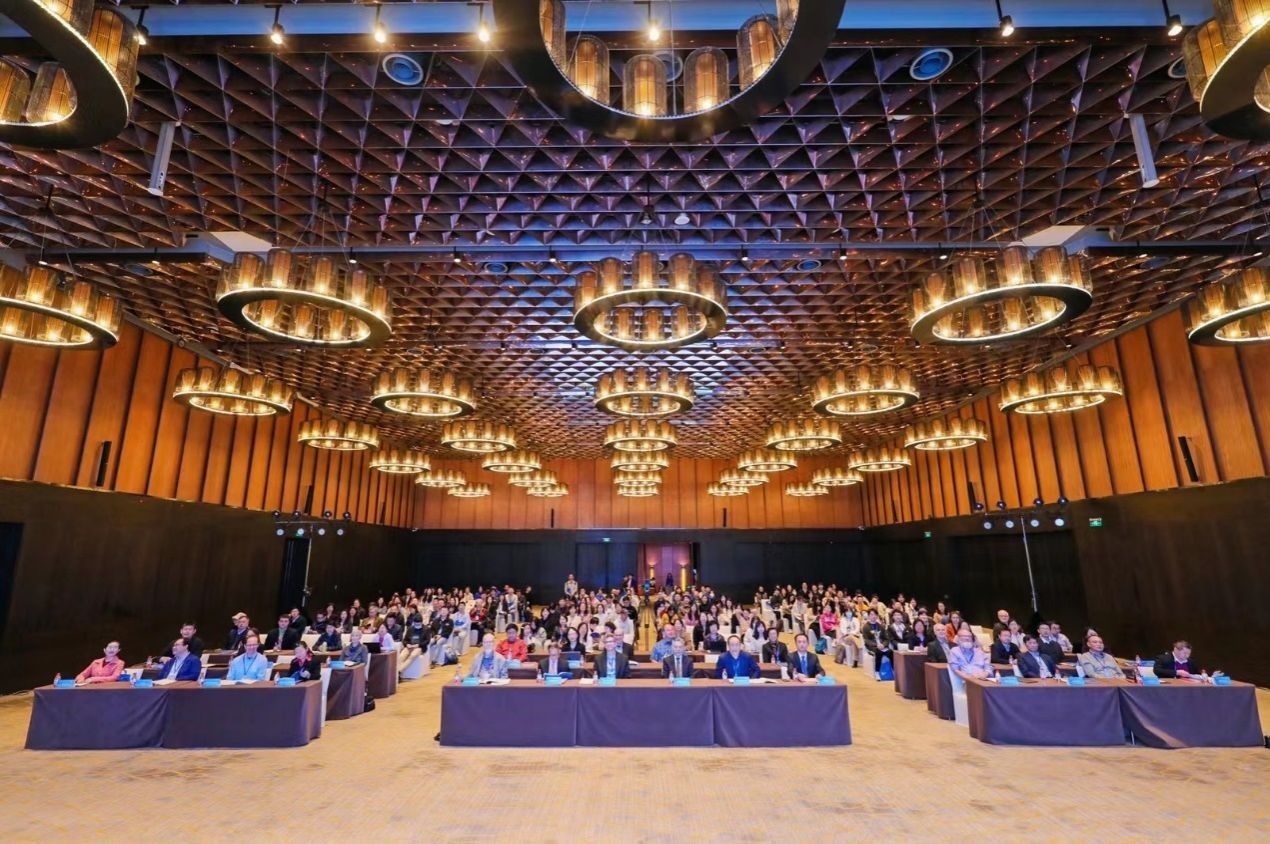
People attended the event were as followings:
Thiago Henrique Bragato Barros, President of the International Society for Knowledge Organization,
Birger Hjørland, Professor at the University of Copenhagen,
Bernard J.Jansen, Professor at Hamad Bin Khalifa University, and Editor-in-Chief of Information Processing & Management,
Naresh Agarwal, Professor at Simmons University, former President of ASIS&T,
Marcia Lei Zeng, Professor at Kent State University, Director of ISKO,
Qizhu Tang, Vice President of Wuhan University,
Feicheng Ma, Senior Professor of Humanities and Social Sciences at Wuhan University,
Chuanfu Chen, Senior Professor of Humanities and Social Sciences at Wuhan University,
Yongzhong Sha, Vice President of Lanzhou University.
Lu An, Professor at the School of Information Management, Wuhan University, and Director of ISKO, presided over the opening ceremony.
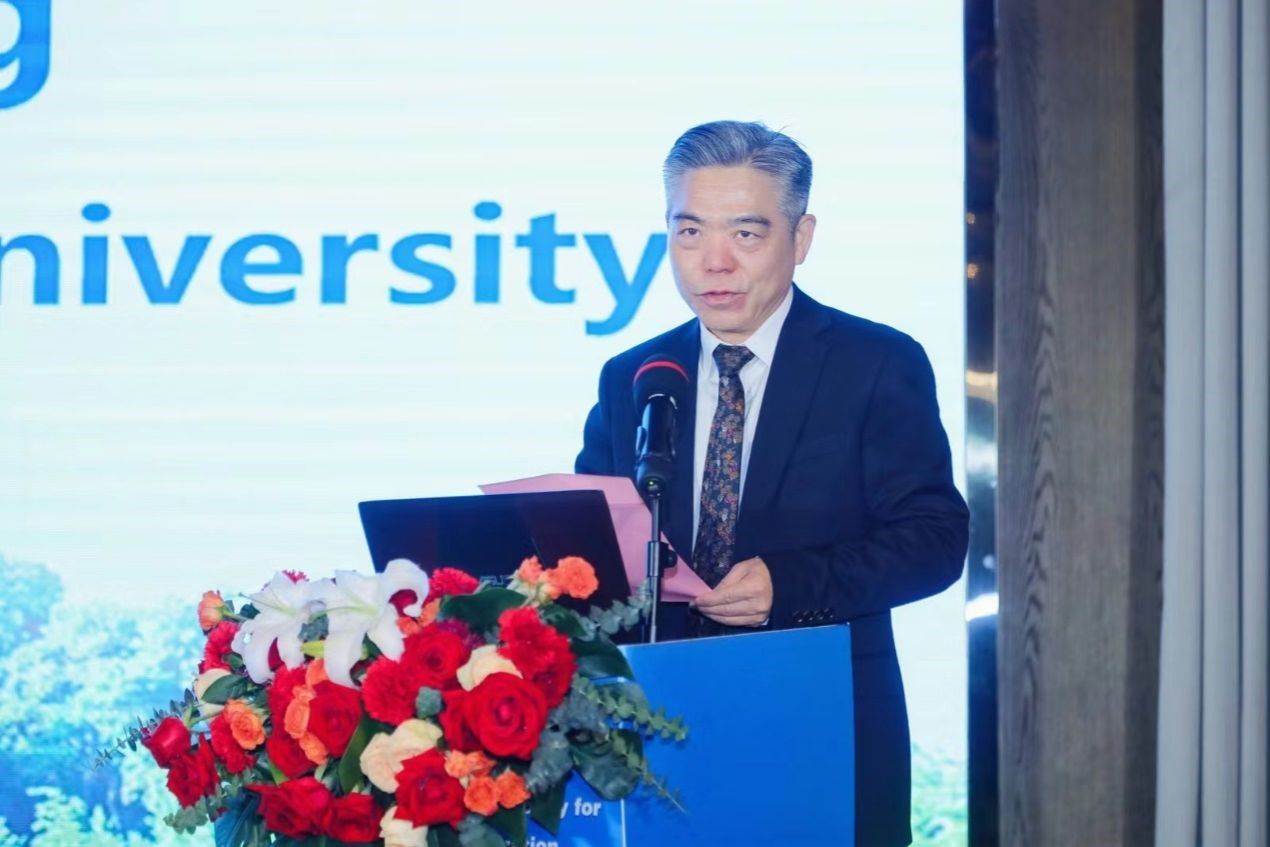
Qizhu Tang made a welcome address. He introduced the information of Wuhan University and pointed out that knowledge organization can refine and sequence knowledge, which is helpful to improve social resilience and cope with uncertainty. He said that Wuhan University is committed to building a learning and research community across national and disciplinary boundaries, and welcomes experts and scholars from all over the world to discuss the opportunities and challenges faced by knowledge organizations, promote innovation, cooperation and collective resilience through knowledge organizations, and promote global recovery, growth and development.
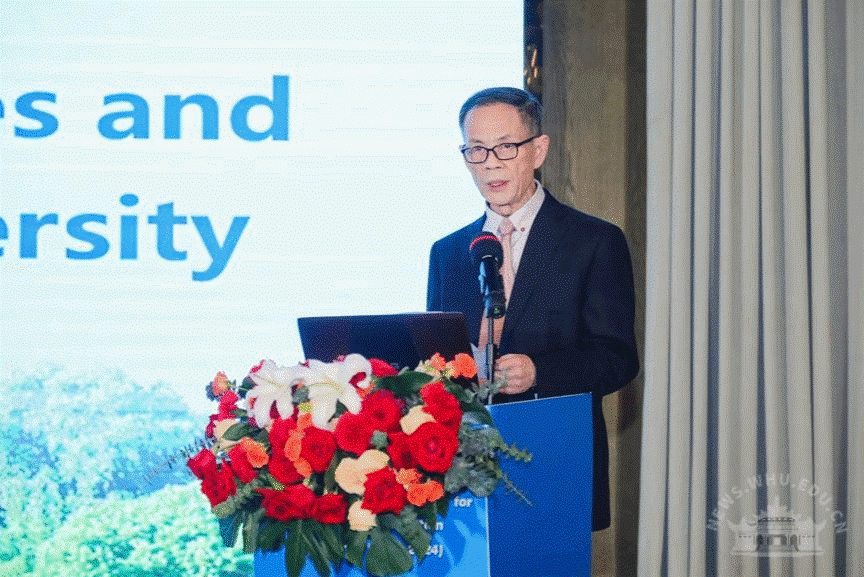
Feicheng Ma said that knowledge organization is the core competitiveness of the discipline of information resources management, which has gone through the development process from early classification and sequencing, to semantic organization and association in the digital environment, and then to intelligent organization and recommendation driven by artificial intelligence. Knowledge organization helps to transform unstructured and multimodal information into ordered knowledge, and provides basic knowledge for large-scale language models and generative artificial intelligence. Continuous innovation of knowledge organization solutions helps to reduce uncertainty and ultimately enhance social resilience.
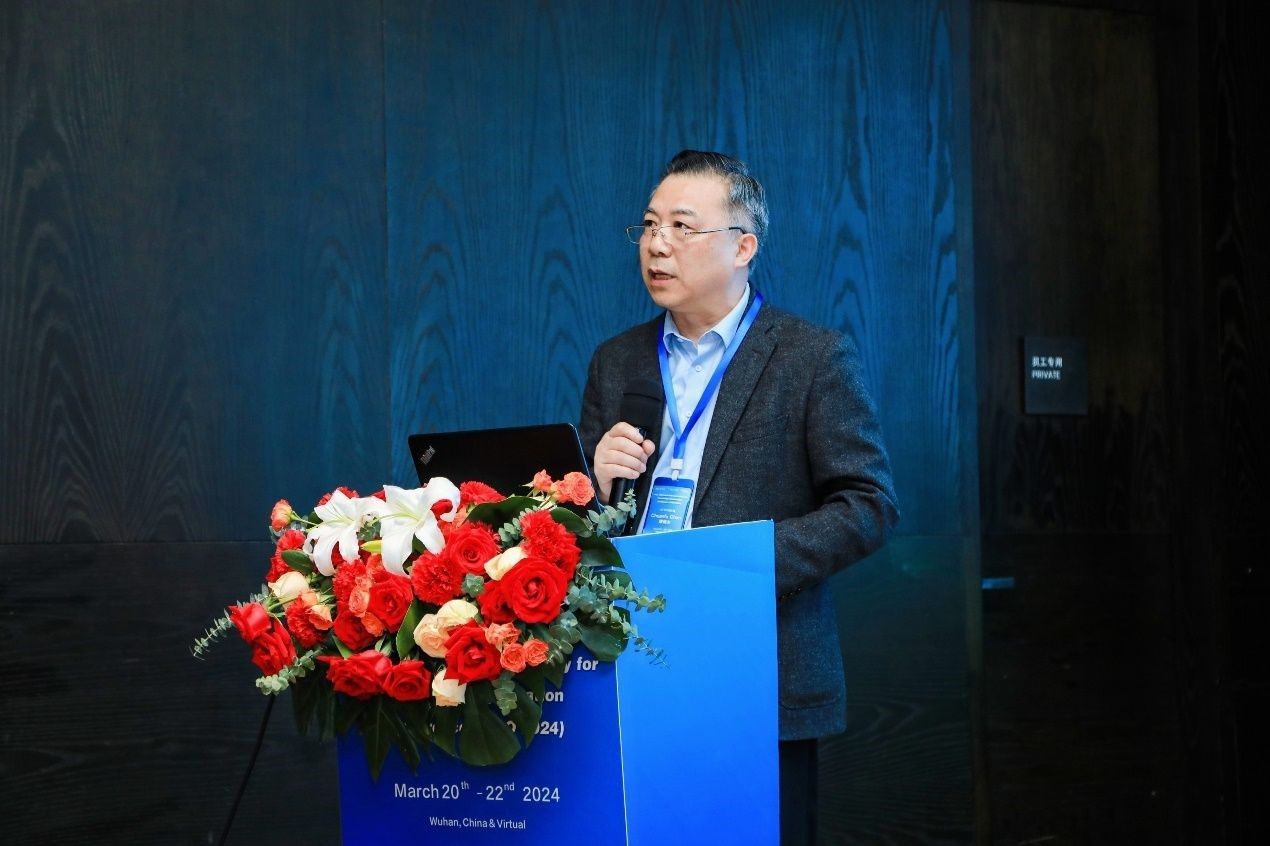
Chuanfu Chen believed that the field of knowledge organization is undergoing earth-shaking changes, developing in a more efficient, intelligent and user-friendly direction, but it also encounters challenges in interdisciplinary collaboration and application brought about by technical complexity. At this conference, relevant experts and scholars from home and abroad will share the best practice of knowledge organization, discuss how to better organize and use knowledge, and make further exploration for achieving groundbreaking results.
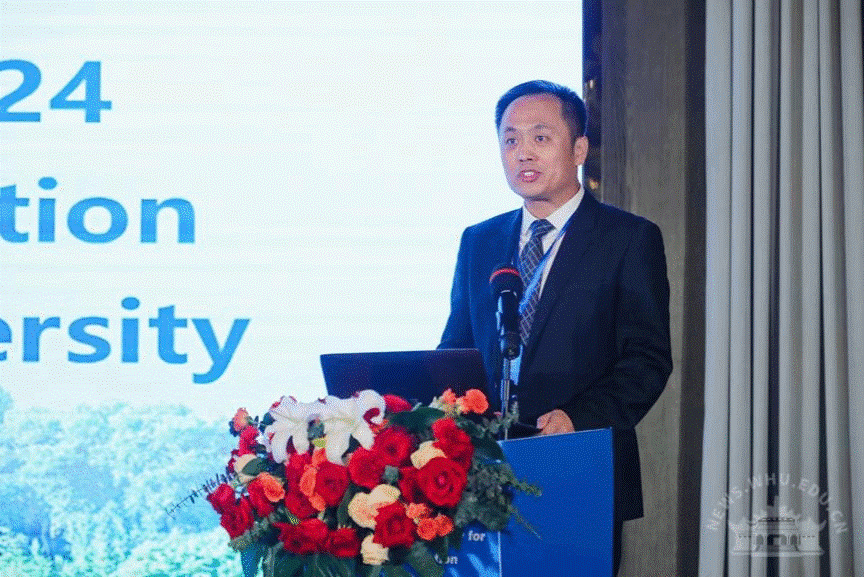
Wei Lu, Dean of the School of Information Management, Wuhan University, welcomed the participants to focus on the research of knowledge organization under the background of generative artificial intelligence. He pointed out that generative artificial intelligence has greatly improved the efficiency of knowledge organization, but its own problems such as interpretability, knowledge accuracy and implicit prejudice have also brought challenges to the knowledge organization community, which requires relevant experts and scholars to jointly build more advanced knowledge organization research communities and benefit the accumulation and utilization of human knowledge with collective resilience.
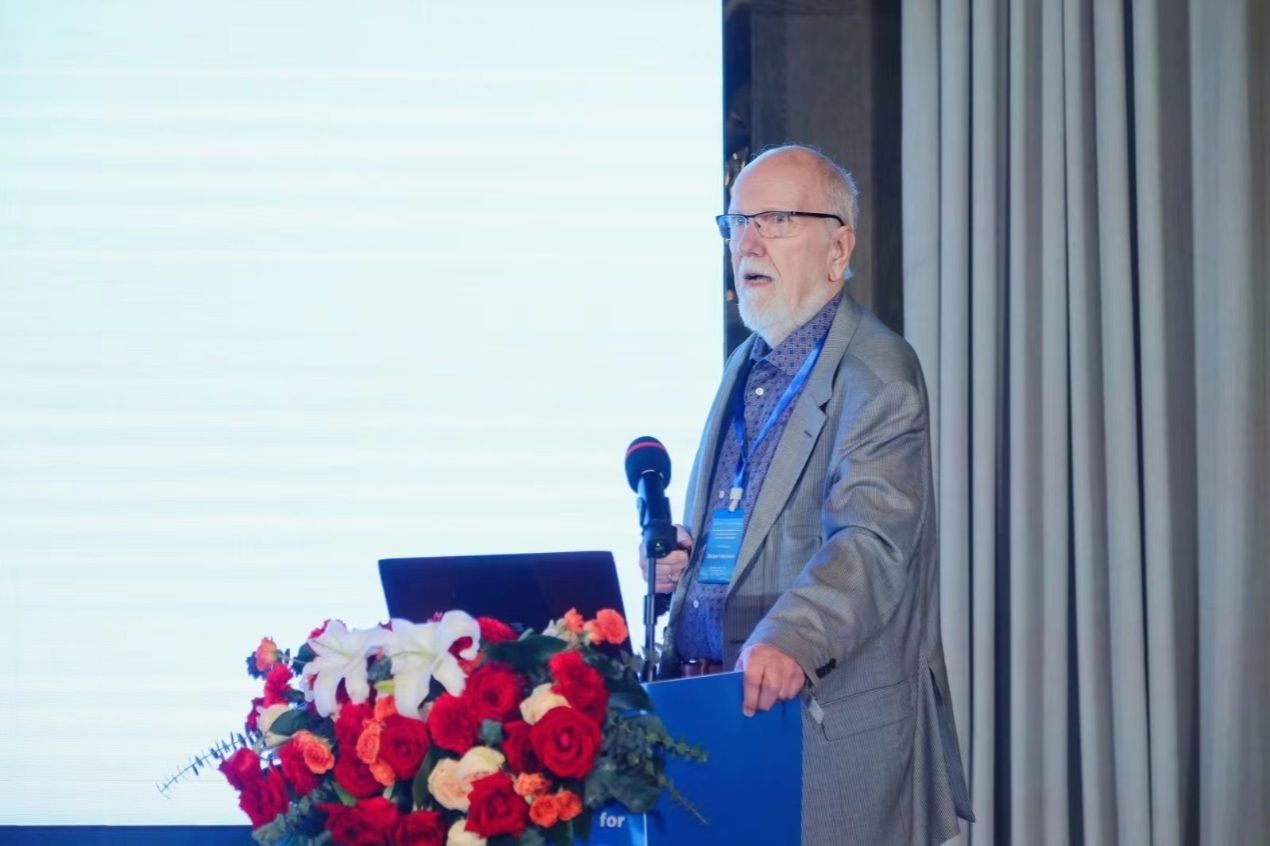
In the keynote session, Birger Hjørland elaborated the complex scene of knowledge organization and the overall classification of information infrastructure. He pointed out that in times of crisis, human society relies on the emerging knowledge organization structure to meet new challenges and the existing knowledge organization structure that is updated regularly. Taking Wikipedia, Google and ChatGPT as examples, he expounded the general structure and domain structure for the public and professionals, and discriminated the theoretical problems of knowledge organization systems such as document retrieval and information retrieval, natural language and controlled vocabulary, best matching and accurate matching, and philosophy of science.
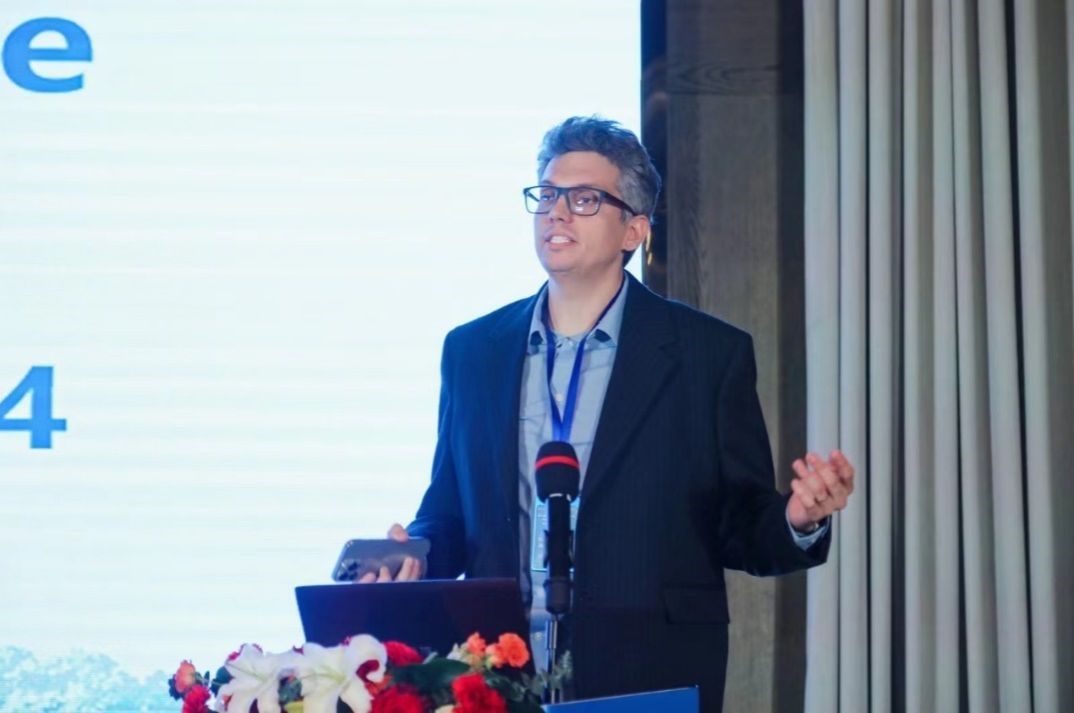
Thiago Henrique Bragato Barros elaborated the differences and integration between knowledge organization and knowledge management, as well as the challenges and opportunities faced. He pointed out that knowledge organization focuses on the systematic classification and structure of information to facilitate retrieval and use, while knowledge management has a broader scope, involving the process of creating, sharing, using and managing organizational knowledge and information. Knowledge organization and knowledge management are complementary and interdependent.
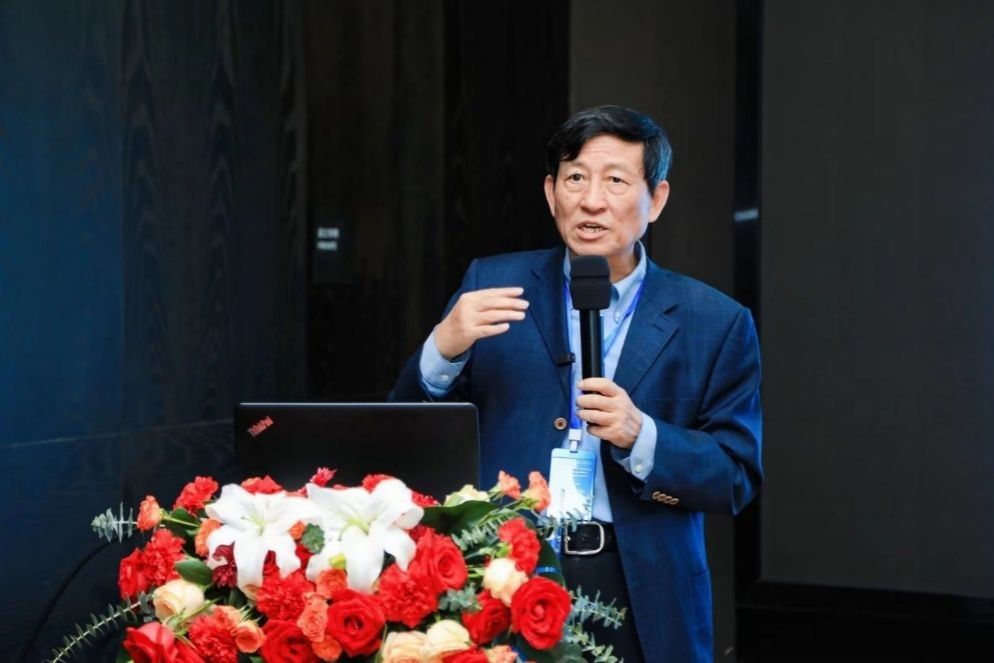
Xinning Su, Professor at Nanjing University, pointed out that the theory and method of traditional knowledge organization can play an important role in the application of intelligent technology at present and in the future, which will promote the intelligent application of information management to be more accurate and reliable. He called on scholars in information resources management to strengthen the innovation and in-depth application of traditional knowledge organization methods in their persistent and expanded research and application, and promote the knowledge organization theories and methods accumulated in information resources management for decades and hundreds of years to play an important role in the intelligent society in the future.
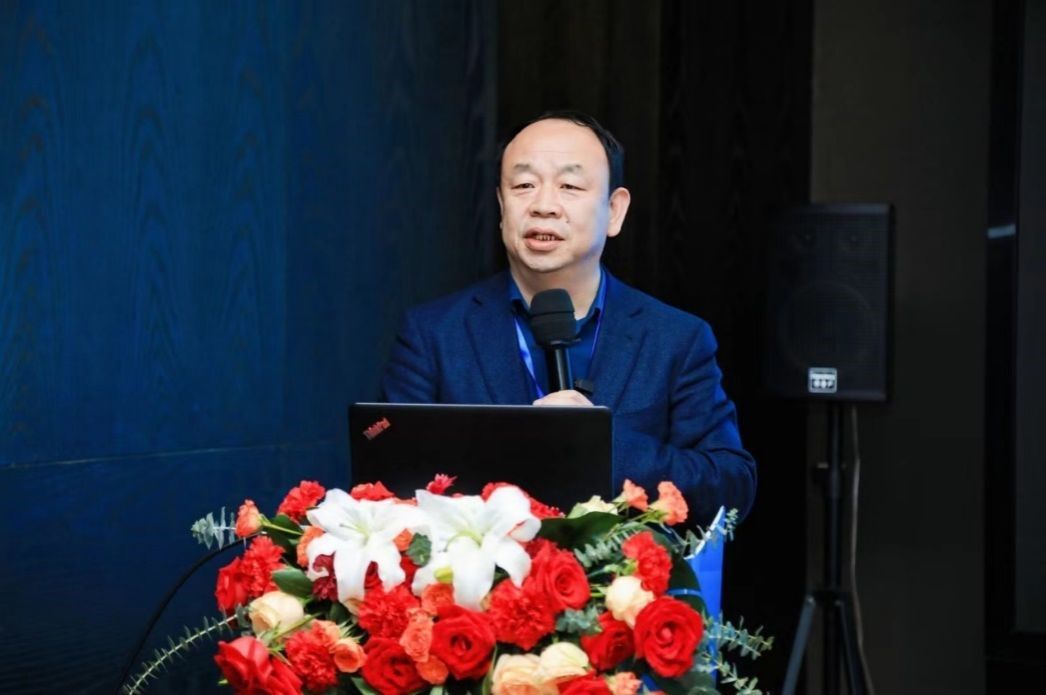
Yongzhong Sha discussed how the government's non-drug intervention measures deal with the new infections from the aspects of the evolution stage of the epidemic, the income level of the country and the degree of political decentralization of the country. He pointed out that we should pay attention to the appropriateness of the selection of non-drug interventions, enhance the balanced combination of non-drug interventions, establish a dynamic policy adjustment mechanism, and strengthen the global database and standardization of non-drug interventions.
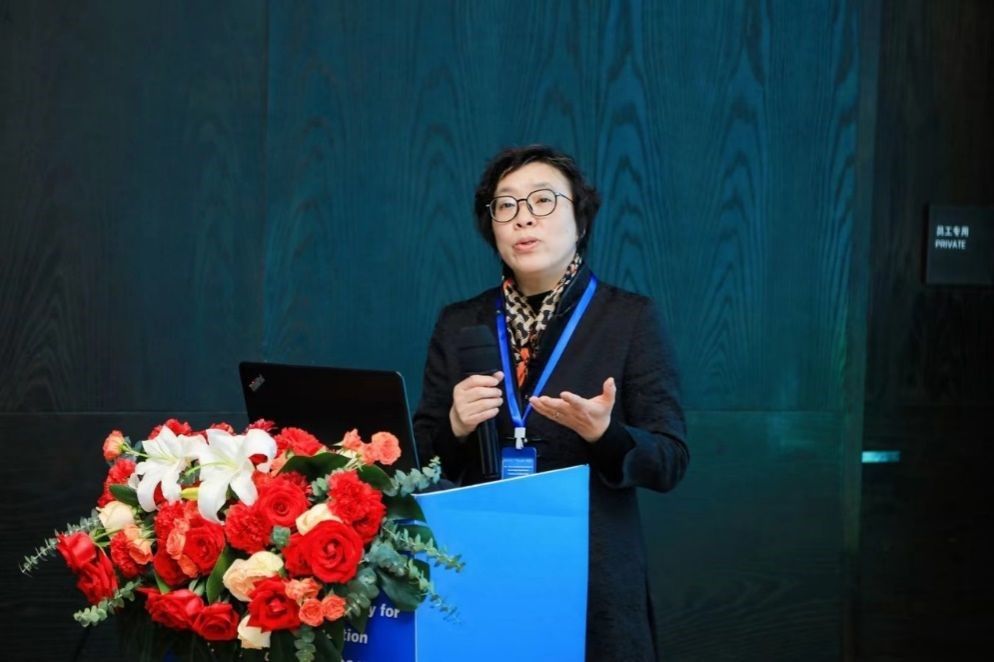
Xiaoying Zhou, Professor at Renmin University of China, expounded the function of knowledge organization in the inheritance, protection and display of China's cultural heritage. She pointed out that knowledge organization and display can help integrate and sort out cultural heritage knowledge, empower the disclosure and presentation of cultural heritage knowledge, promote the innovative discovery of cultural heritage knowledge by professionals, and promote the popularization and promotion of public cultural heritage knowledge.
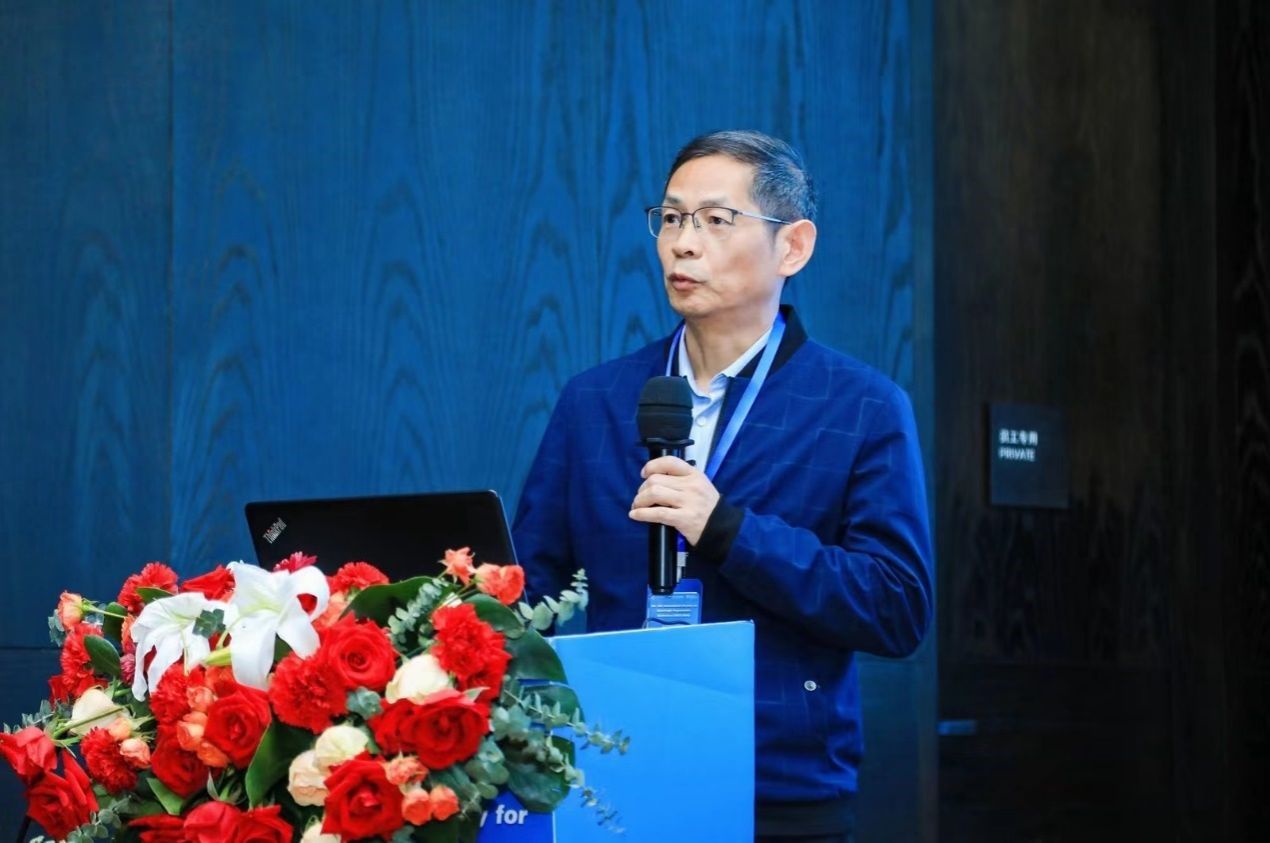
Xiwen Liu, Researcher and Director of the National Science Library, Chinese Academy of Sciences, analyzed the influence of GPT large model generative artificial intelligence on information management, and discussed the present situation, ideas and practice of knowledge organization and utilization in the era of artificial intelligence. He pointed out that the large model needs knowledge organization to ensure controllability and availability, and knowledge service needs knowledge organization to improve interpretability and traceability. He also shared the knowledge organization practice of the National Science Library, Chinese Academy of Sciences.
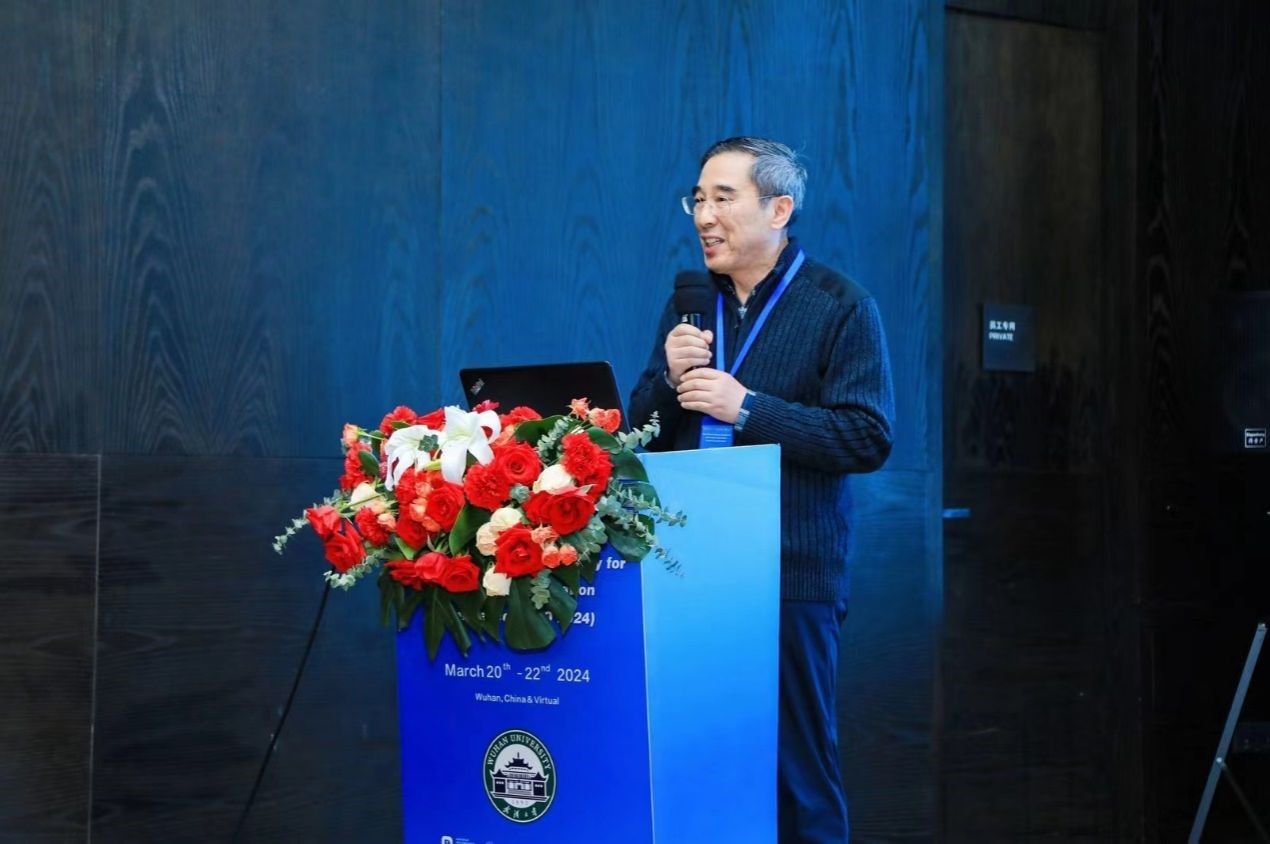
Jingli Chu, Professor and Director of the Academic Committee of the Information Center, University of Chinese Academy of Sciences, emphasized the importance of preprint in knowledge organization. He pointed out that the preprint platform is an important part of open science, with the mechanism of knowledge collection, storage, classification, sharing and utilization, forming a brand-new academic exchange community. The pre-publishing platform of scientific papers of the University of Chinese Academy of Sciences, aims to build an autonomous, standardized, reliable, open and shared exchange system for scientific papers, and is committed to building a national pre-printed exchange platform.
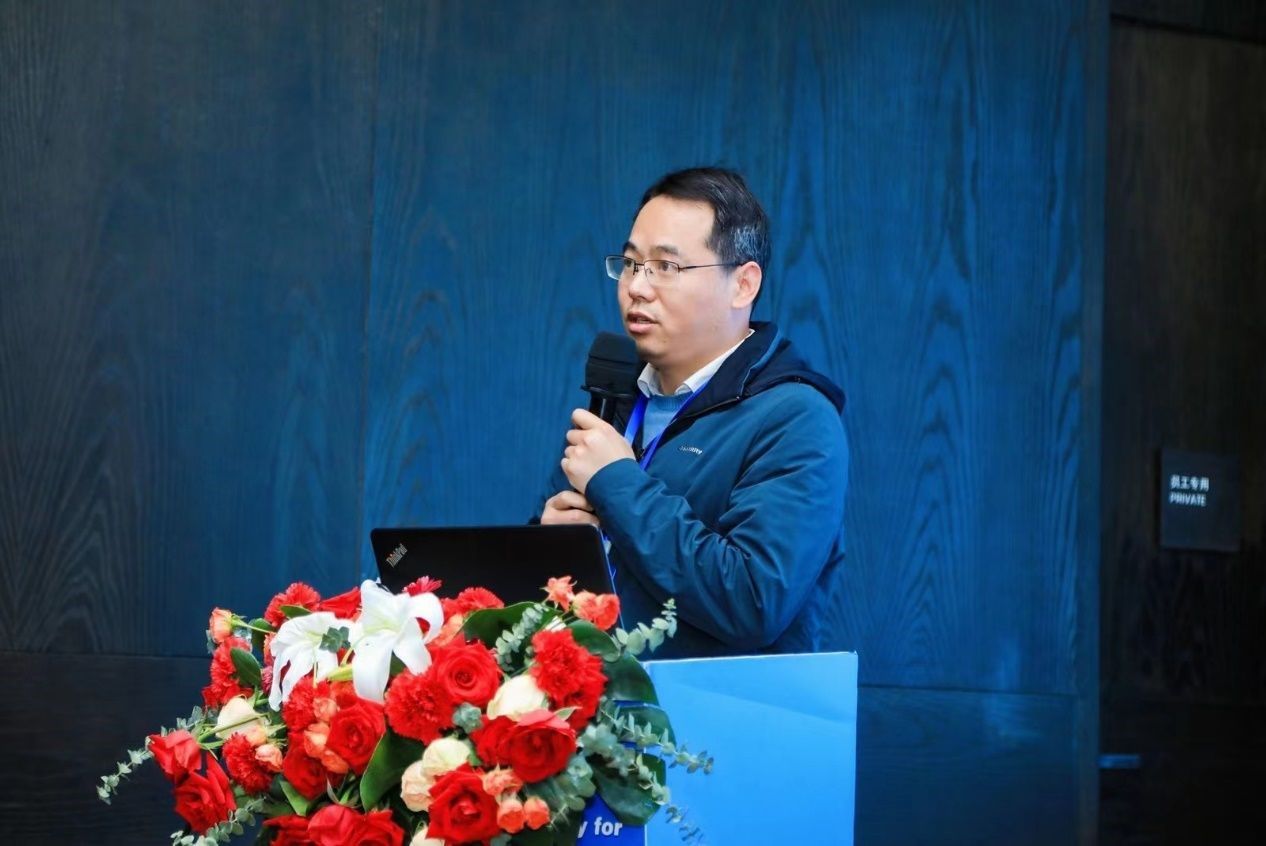
Changlong Sun, Senior Algorithmic Expert in Alibaba, reviewed the conceptual evolution of knowledge maps in different periods from semantic network and ontology to linked data and knowledge maps, introduced the key technologies of knowledge map construction, and analyzed the new opportunities of knowledge map under the background of large model and Alibaba's exploration and efforts in the judicial field.
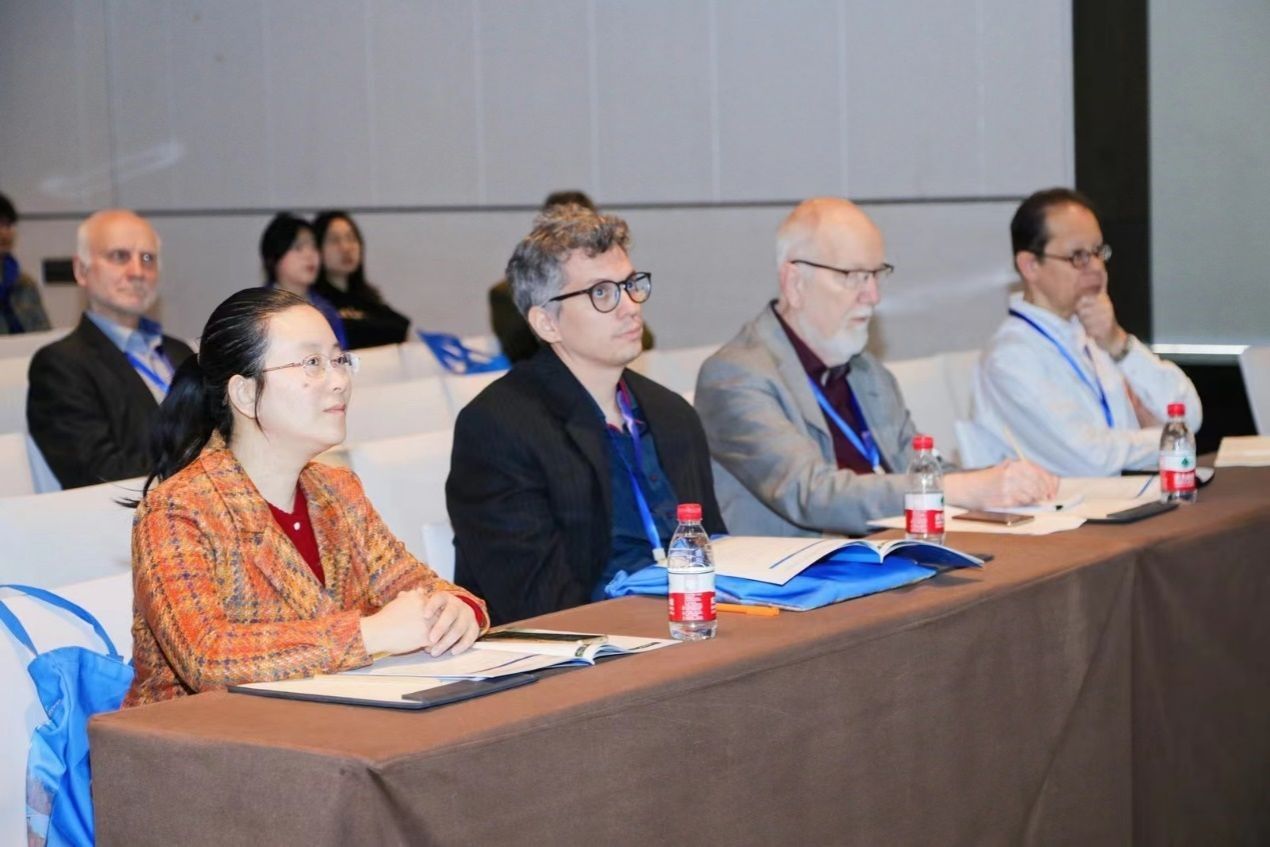
In the round-table session, Bernard J.Jansen, Naresh Agarwal, Thiago Henrique Bragato Barros, Lu An and etc. discussed the key role of knowledge organization and information resources management in the era of generative artificial intelligence, the important contribution of user-based empirical research in knowledge organization and information resources management, and the areas in which knowledge organization and information resources management are most influenced by large-scale language models.
The International Society for Knowledge Organization Conference is the most influential academic event in the field of global knowledge organizations. During the three-day session, 18 English sub-forums were set up on the topics of concept and knowledge representation, ontology, knowledge map, knowledge organization system, knowledge organization and application, knowledge organization of academic literature, domain knowledge organization and knowledge organization of digital humanities, and 9 Chinese sub-forums on the topics of concept and knowledge representation, knowledge map construction, knowledge organization and knowledge discovery. The forms include long papers, short papers, posters, workshops, panels, round-table forums, doctoral colloquium, best practice, Chinese forum, and etc.